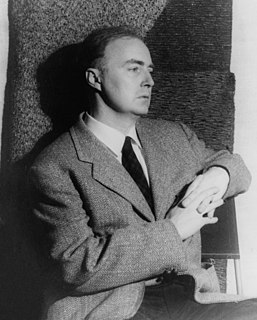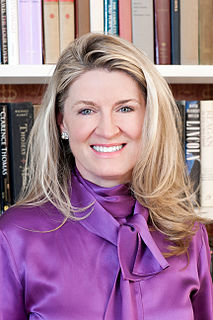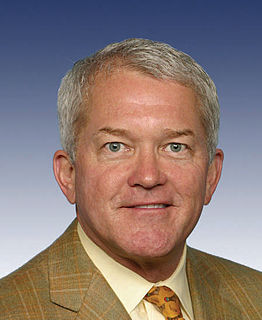A Quote by Gore Vidal
I can't name three first-rate literary critics in the United States. I'm told there are a few hidden away at universities, but they don't print them in 'The New York Times.'
Related Quotes
New York was always more expensive than any other place in the United States, but you could live in New York - and by New York, I mean Manhattan. Brooklyn was the borough of grandparents. We didn't live well. We lived in these horrible places. But you could live in New York. And you didn't have to think about money every second.
Receiving the president of the United States in your restaurant is a big thing. Obama came three times. There's a sense of pride when you're one of few who has had a chance to spend an evening with the president of the United States. Despite if he's Republican or Democrat, we accept them all. Also, I remember days when I had Julia Child coming, with close friends. I had a great relationship with Julia. So those moments are more of affection and admiration than of fancy pride.
I was in New York on September 11 when those planes hit the World Trade Center. At the time, it seemed like it was a local thing. But three or four days later, by the time we drove across the country in the bus, we realized it wasn't a local thing. You could really feel the states become united. We became the United States of America.
I always thought that digital first was a simplistic notion, and I am not even sure quite what it means. It should be stories first. Let's take the Paris story: the New York Times covered it all day, we held nothing back. Everything we learned, we published online. Then, when you approach your print deadline, you have to do two things. You have to polish those stories that are online because print is less forgiving of mistakes. Secondly, in an ideal world, you pick one thing that will feel fresh and compelling to people in the morning when they pick up the print paper.
I don't want to name names because they'd be mad at me if I did, but people who are significant novelists can't get published by real publishers at this point, or have to go through two years of trying after writing a novel that's taken them five or six years and simply can't get the thing in print. Or it gets in print and it doesn't get reviewed in the New York Times Book Review and disappears without a trace. I mean, it's terrifying. I don't know how anybody can stand it. It's such an enormous amount of work and the economics of it are really quite brutal.
Everything I learned and didn't do in New York I would put into place here in the London West Hollywood. It's fascinating, when you look at the critics' reviews, and we had a great one in the New York Observer and all that, and then the New York Times came and it was a devastation; two stars out of four. They said that I played safe because it wasn't fireworks. Then they judged the persona over the substance that was on the plate.





































